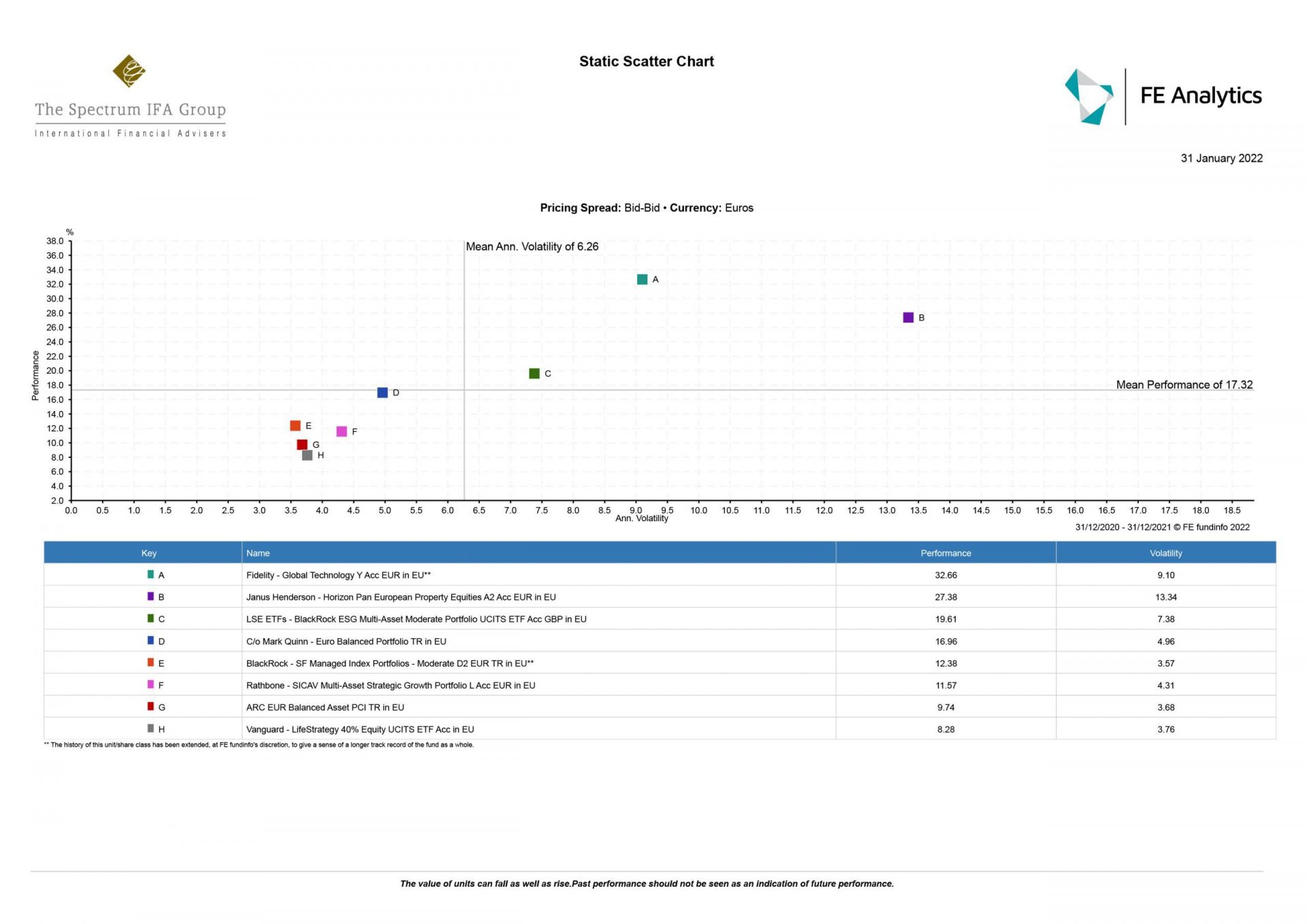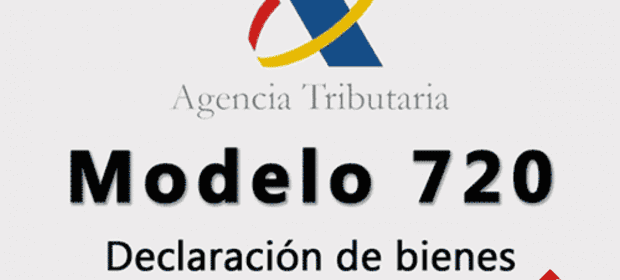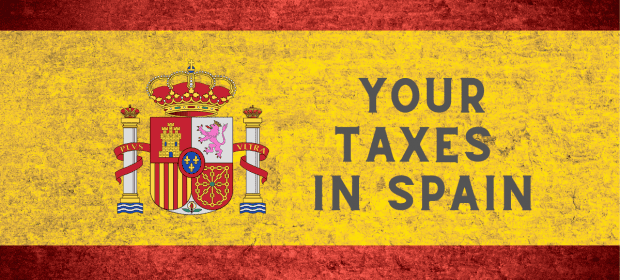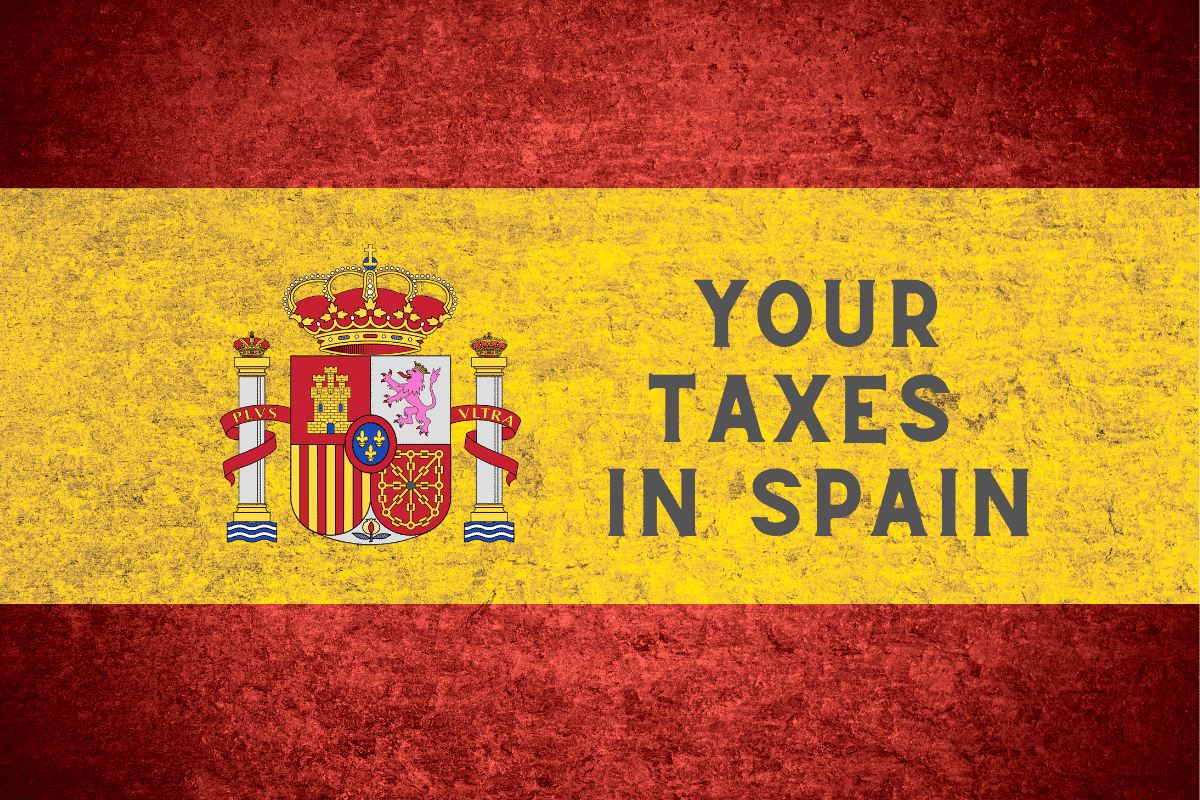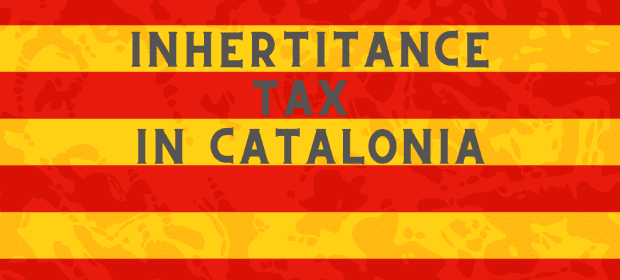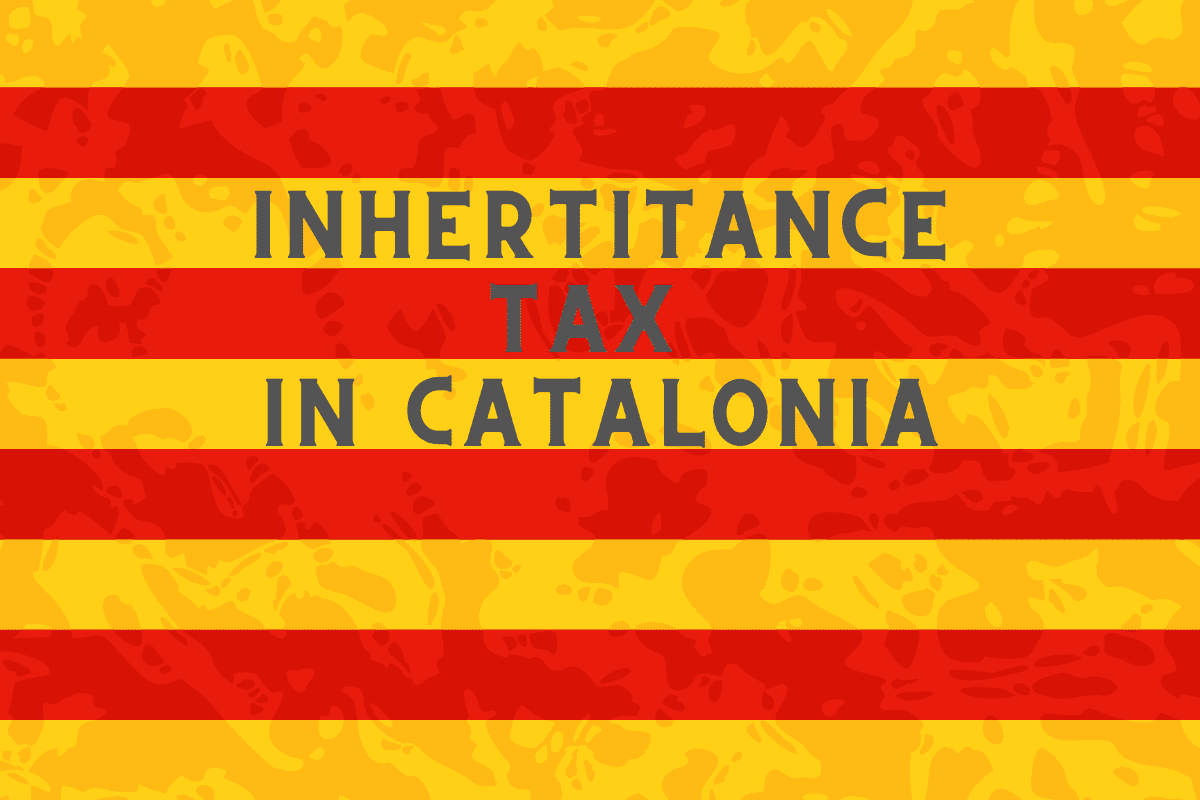You are probably quite au fait with your home country’s investment structures, options, and practices, but what happens when you move abroad?
The first step in ensuring you are doing the right thing is getting a good understanding of the basic principles in your new country. Here I briefly run through the tax treatment of the most common income sources, and this should help you make a decision as to whether you should look more seriously at restructuring your wealth.
Bank accounts
Any interest must be declared in Portugal, irrespective of where the account is located or if you use it or not.
If you have Non Habitual Residence (NHR) status, interest earned on foreign accounts is generally tax-exempt in Portugal, unless the account is held in a blacklisted jurisdiction such as Guernsey, Jersey, or the Isle of Man, in which case it is taxed at 35%. So, if you are still holding large sums in these ‘tax-havens’ you should certainly be looking to restructure this.
If you are a non-NHR, all bank interest earned on foreign accounts is taxed at 28% or 35% for blacklisted jurisdictions. It is possible to opt for this to be taxed at scale rates instead, but this will have an impact on the taxation of other assets, so it is best to discuss this with your accountant when making your annual return.
Interest from Portuguese bank accounts is always taxed at 28%%, irrespective of your NHR status.
Dividends
We usually see individuals with dividends paid from their own companies, directly held shares, or investment portfolios. This is a great source of income if you are a NHR as these are generally tax-free in Portugal during the 10-year period.
It is worth thinking about what you are doing with the income once received. If you are not spending it all and it is accumulating in a bank account earning little or no interest, you should consider investing this in a tax-efficient manner to get your money working for you.
For normal residents, dividends are taxed at 28% (or 35% if from a blacklisted jurisdiction) but there is potential for tax savings if you can restructure.
Rental income
For NHRs, rental income from non-Portuguese property is possibly exempt with progression. This means that although it is not taxed, the income is added to your other income sources for the year and counted when running through the tax bands.
It is also likely that this type of income will be taxable in the country that the property is located and in Portugal. Taking UK property as an example, you will declare and pay the relevant tax in the UK and also declare this income in Portugal. Whilst with NHR, there is no further tax to pay in Portugal, you could be paying tax in the UK if the income exceeds your annual allowance.
For those with large property portfolios, it might be worth restructuring during the NHR period to take advantage of the capital gains tax break and reinvest the proceeds in a more tax-efficient way, because post NHR this income is taxable at scale rates in Portugal.
Rent from Portuguese property is fully taxable at scale rates, so is not a very tax-efficient source of income and you could generate a more tax-efficient income from other sources.
Pension income
Those with pre-April 2020 NHR have tax-free pension income and those who applied later still enjoy a flat 10% rate.
How your pension is taxed as a normal resident is dependent on the type of pension and its source. Generally, they can either be taxed at the scale rates of income tax, treated as long-term savings or an annuity. This taxation can eat heavily into your spending power, so it might be worth rearranging your pensions for better tax efficiency.
Feel free to contact us if you would like to better understand how you can position yourself for your new life in Portugal.




